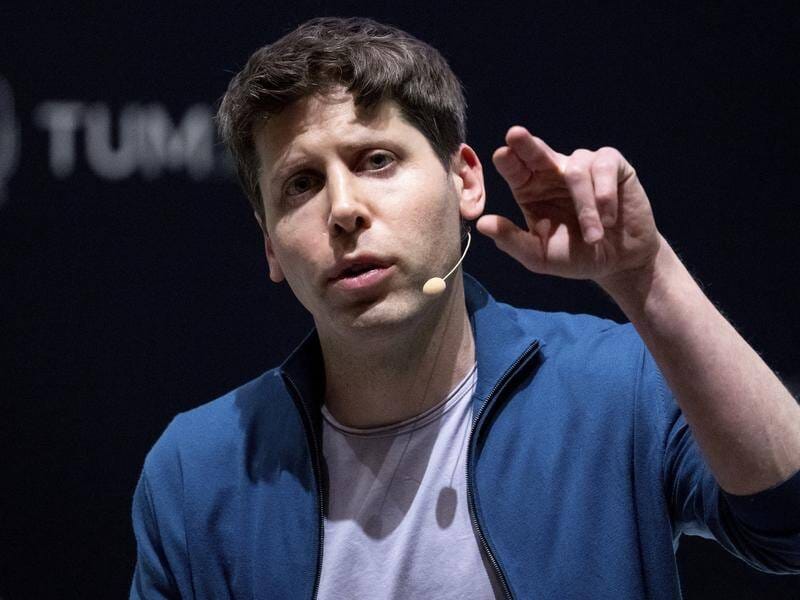- Panic over Q*’s mundane math skills sparks short-lived OpenAI palace coup.
- Team warns board the advance could spell doom for humanity.
- Yet reality likely lies between visions of world domination and dismissals as overhyped grade school arithmetic.
Summary
As first reported by The Information, researchers led by Chief Scientist Ilya Sutskever allegedly produced breakthroughs allowing Q* to solve basic math problems.
The seeming mundanity sparked panic within OpenAI, with warnings to the board that the advance could threaten humanity.
Q’s AI Reasoning Advance
The reaction stems from Q*’s potential to work through abstract concepts where today’s models struggle logically. Experts say displaying such symbolic reasoning in math could signal a tremendous leap past deep learning’s pattern-matching limits.
Some even speculate the architecture combines learned intuitions from existing techniques with manually programmed rules – an approach to lessen hallucinations in ChatGPT-like models.
But other AI luminaries poured cold water on the whispers of pending general intelligence.
Critic Gary Marcus suggested the hype train was quick to extrapolate grade school math into fears of world domination.
Q’s Role in General Intelligence
Still, if Q* progresses from paraphrasing facts to tackling novel problems, it would edge closer to the flexible cognition underpinning the mythologized goal of AGI.
For now, secrecy around the project means the reality likely lies somewhere between sci-fi visions of doom and Marcus’ dismissive skepticism.
The reported capabilities were concerning enough to catalyze OpenAI’s short-lived palace coup.
And if Sutskever’s team truly unlocked new reasoning horizons, developments in the months ahead may thrust the rebranded ChatGPT maker back into the spotlight soon enough.









